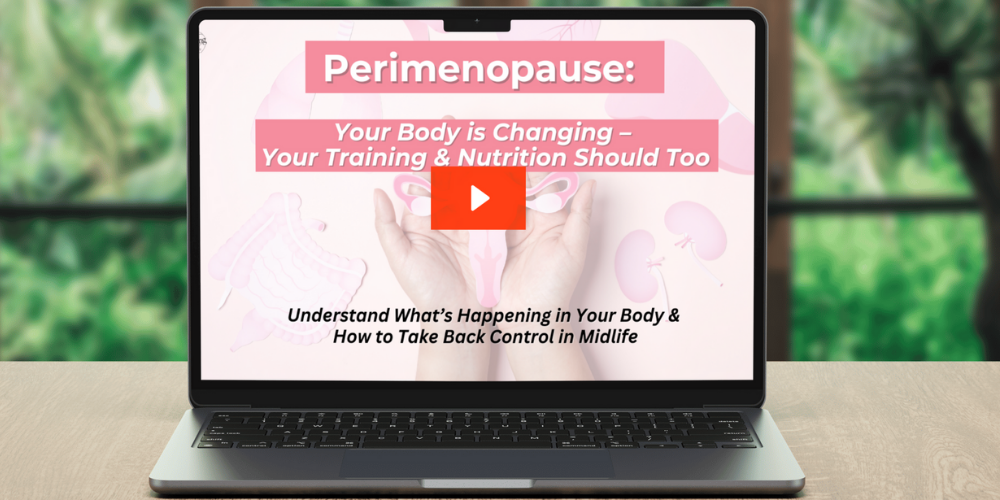Chocolate Cravings? Discover the Surprising Reasons Women Can’t Resist

Have you ever been the “good girl” all week, only to find yourself yearning for chocolate when your period is just around the corner? You’d brave a downpour just to get your hands on some cocoa goodness!
Before you start trash-talking yourself, let me assure you—it’s not all your fault. You’re not to blame, but you can do something about it.
Here Are 8 Little-Known Reasons Behind Those Cravings
Let’s Break It Down
We’re constantly bombarded with messages about willpower: if you eat too much sugar, binge at night, or devour a whole chocolate bar, it’s your motivation that’s lacking. But try telling that to the woman who’s trudging through the rain to the store or waking up to an empty chocolate wrapper beside her. Motivation alone won’t cut it!
We need to rethink our approach.
What if you viewed your cravings as a symptom of your physiology? By doing so, you can explore different strategies to reduce or even eliminate these cravings. And as women, we face unique physiological factors that can heighten our desire for chocolate.
So, What’s Behind Those Sugar Cravings?
1. Your Cycle Hormones
During the luteal phase of your menstrual cycle, progesterone levels rise. This hormonal surge can trigger various physical and emotional symptoms, including cravings for sugary and fatty foods. Chocolate’s rich taste and creamy texture often become a comforting choice during this time. In perimenopause, the fluctuations in estrogen and progesterone can intensify these cravings, as your body seeks quick energy sources.
2. Your Sleep Hormones
Are you getting enough sleep? Or is it the quality of sleep that’s lacking? Poor sleep can disrupt hormone balance, leading to increased cravings for sugary foods to combat fatigue and our hunger hormone are compromised by lack of sleep! If you find yourself entering into perimenopause and waking up at 3am... try non sleep deep rest.
3. Your Stress Hormones
Elevated stress levels can increase our eating of unhealthy foods. Understanding how stress impacts your cravings is crucial for managing them.
4. Your Protein Intake
Are you consuming enough protein throughout the day? Insufficient protein can leave you feeling unsatisfied, leading to cravings for sugary foods. This is known as the protein leverage effect—when our bodies seek out more food to meet their protein needs.
5. Your Microbiome
Could it be that your cravings are influenced by your gut bacteria? Research shows that your microbiome can affect your food choices, including a preference for sugary snacks. Nourishing your gut with fiber-rich foods can help shift these cravings.
6. Your Emotional Triggers
Cravings often arise from emotional experiences—stress, boredom, sadness, or even celebration. Identifying your emotional triggers that keep you grabbing for the bisckuts can help you develop healthier coping strategies.
7. Your Routines
Think about your habits: do you go grocery shopping when you're hungry? I can't, otherwise my cart has items which I would normally walk past! I'm human, so are you - so have a snack before supermarket shopping and consider how routines—like bringing snacks on car trips—can affect your cravings.
8. Need for Hydration
Sometimes cravings for food can actually be signals of dehydration. Are you drinking enough water throughout the day? Aim for at least 2L to keep cravings at bay. (Add in a pinch of salt if you have filtered drinking water)
Tips to Manage Chocolate Cravings
While it’s natural to crave chocolate, especially during hormonal fluctuations, you can take steps to manage those cravings effectively:
-
Know Your Cycle: If you crave sugar before your period, it might be your body’s increased need for protein or a lack of sleep that needs addressing.
-
Get Morning Sunlight: Expose your eyes to sunlight (even if its overcast) in the morning to help regulate your circadian rhythm. A brisk walk outside can also boost your mood.
-
Practice Non-Sleep Deep Rest: Incorporate relaxation techniques like deep breathing or short mindfulness breaks throughout the day to expand your awareness and reduce stress.
-
Feed Your Microbiome: Prioritise fibre-rich foods, such as fruits, vegetables, and seeds, to nourish your gut and help manage cravings.
-
Cut Out Ultra-Processed Foods: Reducing these foods can help reset your gut and decrease sugar cravings over time.
-
Identify Triggers: Check in with yourself regularly to understand what triggers your cravings. If boredom strikes, find healthier activities to engage in.
-
Choose Healthier Alternatives: Plan ahead for moments when cravings hit hard. Have healthier snack options readily available to satisfy your sweet tooth without derailing your goals.
- Protein for breaskfast: Start the day with a protein rich food - this will set you up for not only sustained blood sugar, but you'll start the day with some protein in the bank.
Cravings are symptoms, not the root cause. Understanding what drives your cravings—be it hormones, lack of hydration, insufficient protein, or poor sleep—can empower you to address the underlying issues.
White-knuckling your way through cravings without understanding your body will only leave you feeling tired, hungry, and deprived. So stop the cycle of self-criticism and start a journey toward a more balanced relationship with food.
If you are ready to feel more empowered around food and learn to eat with your physiology then book a free discovery call. You'll come away feeling more empowered and have less confusion over what to eat.
Tired of Not Knowing What to Eat?
The 1,2,3 Meal Method Takes the Guesswork Out of Healthy Eating!



